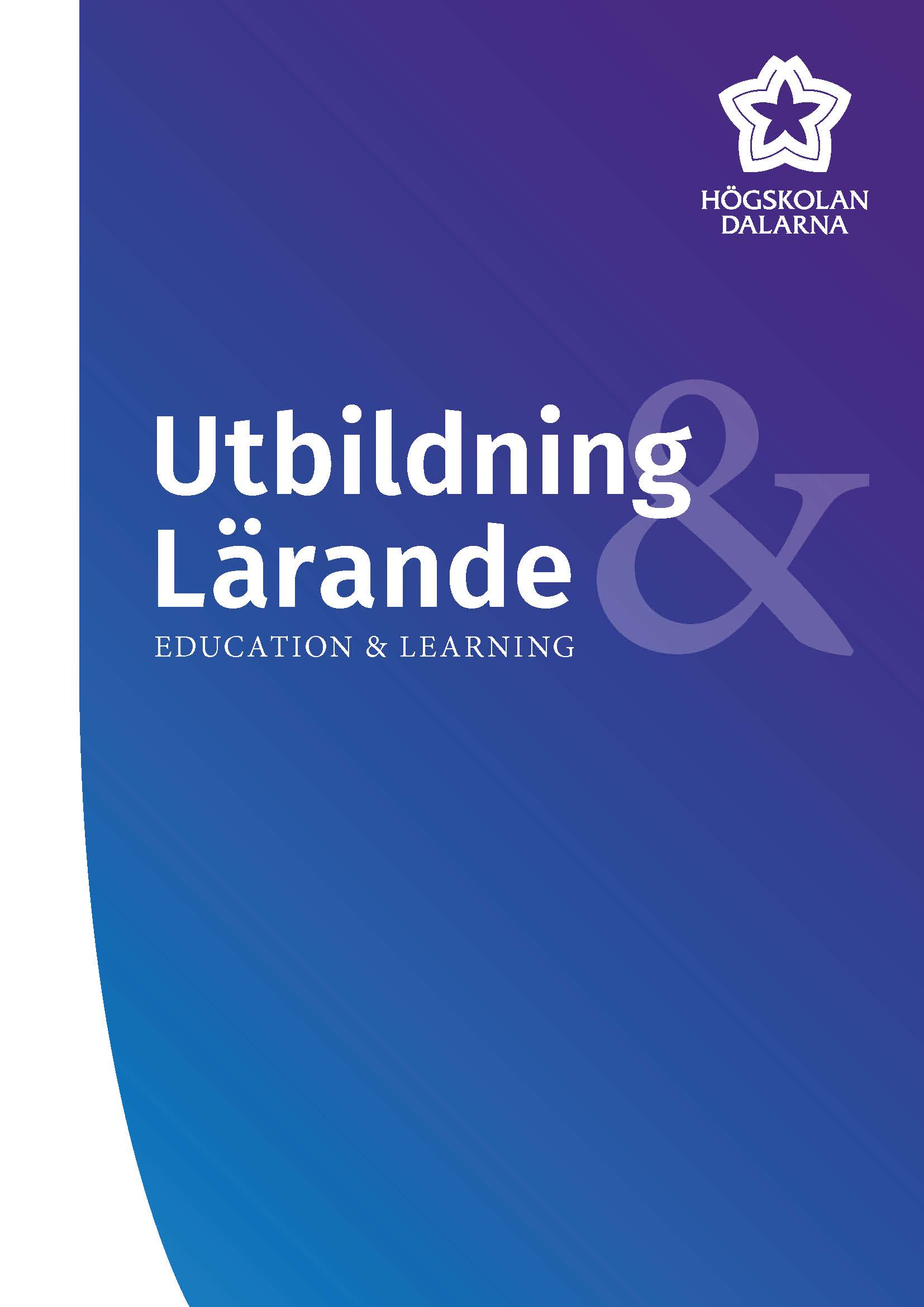Rektorers och skolhuvudmäns meningsskapande om förskoleklassens position i utbildningslandskapet
DOI:
https://doi.org/10.58714/ul.v16i2.11311Nyckelord:
Preschool class, Policy change, Schoolarization, Neoinstitutional theoryAbstract
The preschool class has been subject to several policy reforms, which principals and local education authorities are responsible. for implementing and evaluating. The aim of this study is to contribute with knowledge about how principals and local education authorities make meaning of the position and organization of the preschool class in relation to these policy reforms and to the existing practices. The method used in the study is interviews with principals and local education authorities and shows how they reason about and relate to various regulatory, normative, and cultural-cognitive elements of governance. The analysis shows that the principals have arguments for three basic positions for the preschool class: a bridge between preschool and primary school, a knowledge-oriented position, and a socially oriented position. A key argument put forward by the principals is that the preschool class should be integrated into a continuous primary school organisation. The local education authorities, on their part, interpret the new policy as an ongoing qualification and homogenization process, which affects the preschool class’s position in the education system.
Downloads
Publicerad
Referera så här
Nummer
Sektion
Licens
Copyright (c) 2022 Författarna och tidskriften

Detta verk är licensierat under en Creative Commons Erkännande-Ickekommersiell-IngaBearbetningar 4.0 Internationell-licens.
Författaren/författarna behåller copyright till verket.



